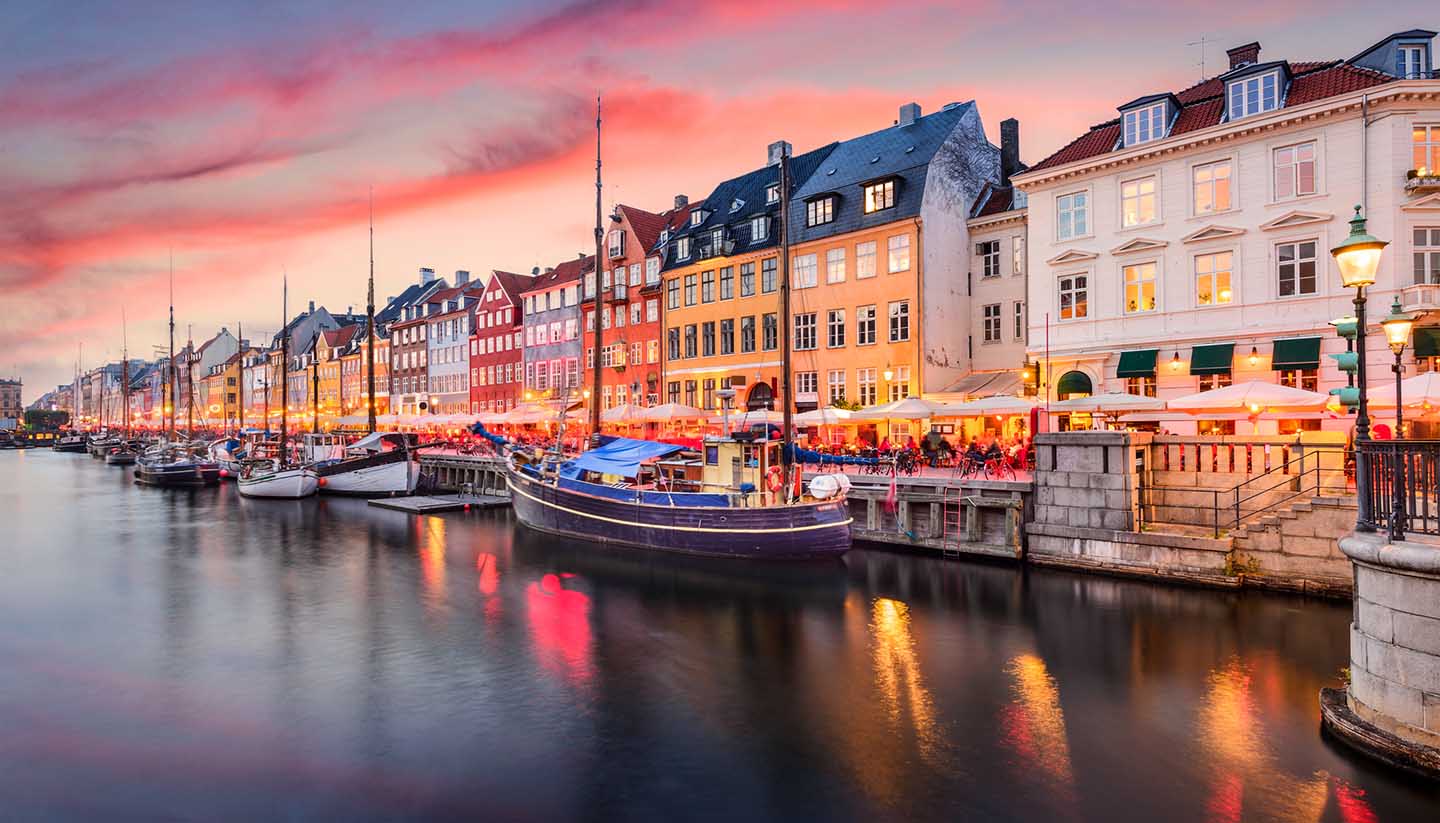Denmark: Doing business and staying in touch
Doing Business in Denmark
Local businesspeople expect visitors to be punctual and the approach to business is often direct and straightforward. Avoid business visits from mid-June to mid-August which are prime holiday periods.
Business contacts should shake hands on arrival and departure, with business cards exchanged after introduction. Most Danes, particularly those in the international business community, speak excellent English and some speak German and French too.
Business visitors can expect to be well looked after. Nearly all meetings are held in non-smoking venues but moderate alcohol consumption over a business lunch or dinner is appropriate.
Office Hours
Mon-Fri 0900-1700 (some offices close earlier on Fridays).
Economy
The standard of living in Denmark is high and is supported by extensive welfare measures and an equitable distribution of income. The country’s prosperity is made possible by advanced industry in pharmaceuticals, maritime shipping, renewable energy, and a high-tech agricultural sector.
The service industry accounts for 76% of its GDP in 2017. A good portion of service jobs are in public administration, education, health and social services. Tourism is a growing industry, though it is mostly limited to the summer months.
Denmark is a member of the EU but not the Eurozone. It has also reluctant to adopt measures that are perceived as threatening to its sovereignty.
GDP
US$324.9 billion (2017).
Main exports
Electrics, pharmaceuticals, food and chemicals.
Main imports
Cars, chemicals, broadcasting equipment, computers.
Main trading partners
Germany, Sweden, USA, UK and Norway.
Keeping in Touch in Denmark
Mobile Phone
Roaming agreements exist with most international mobile phone companies. Coverage is excellent.
Internet
Wi-Fi is widely available.
Media
A free press operates under Danish law and the media, which cover a broad range of political views, are frequently critical of government policy. Danmarks Radio (DR), funded by a licence fee, is Denmark's main public broadcaster, operating six TV networks as well as national and regional radio stations. TV2, a national public-service TV station, is government-owned. Private satellite and cable TV stations also exist. Newspapers are largely regional: the main national papers in the capital include Berlingske Tidende, Dagbladet Information, Ekstrabladet and Politiken. English-language newspapers and magazines are also available.
Post
The postal service is known as PostNord which delivers letters to European countries within five working days.
Post Office hoursHours vary but usually Mon-Fri 1000-1730, some are open Sat 1000-1200.



